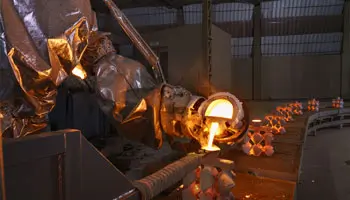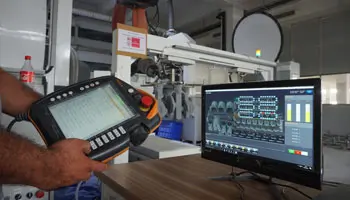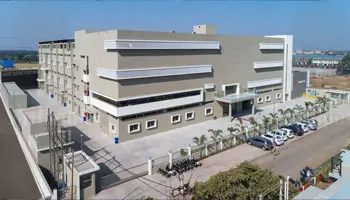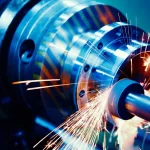Precision Machining: Enhancing Accuracy and Efficiency in Metal Manufacturing
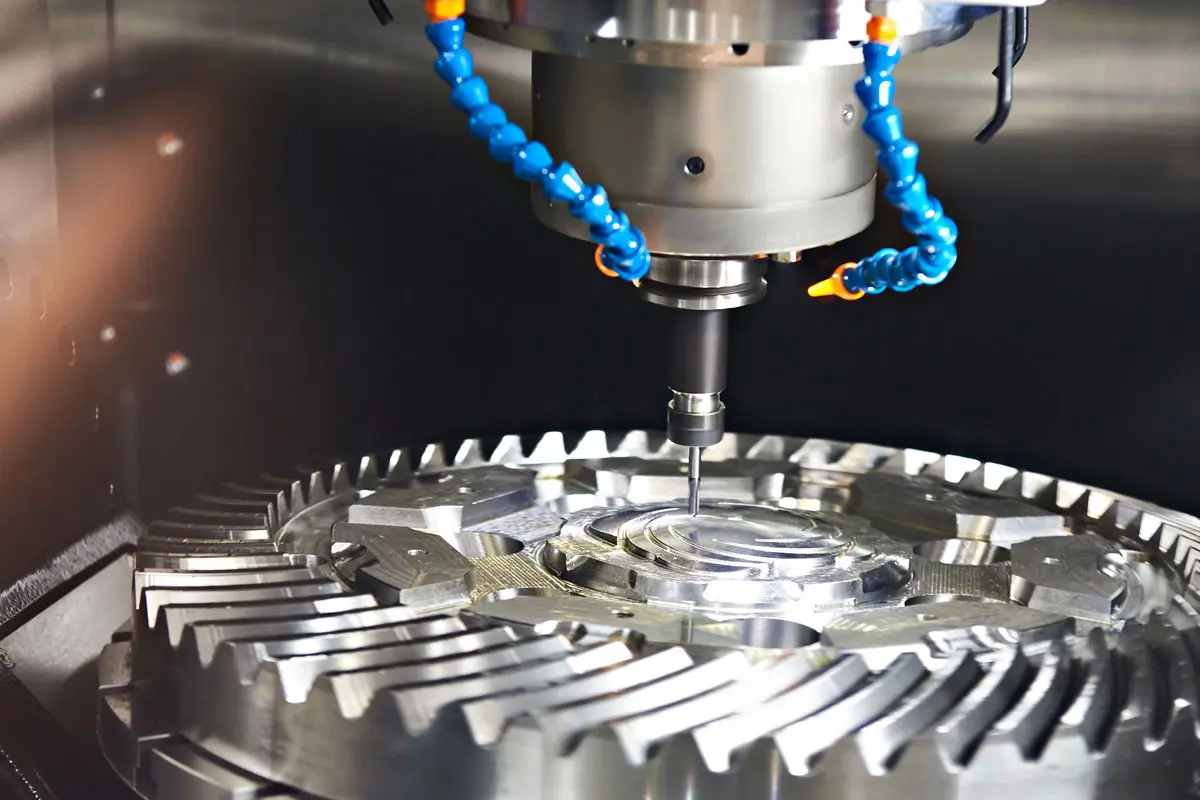
In modern manufacturing, precision machining stands as a cornerstone of quality and efficiency. This meticulous process involves the use of advanced machinery to shape metal components with unmatched accuracy, ensuring each part meets exact specifications. In this article, we will delve into the intricacies of precision machining, its techniques, applications, and the critical role it plays in metal manufacturing.
What is Precision Machining?
Precision machining refers to the process of removing material from a workpiece while holding close tolerance finishes. The goal is to achieve high levels of accuracy and consistency, producing parts that meet precise dimensions and specifications. This process is essential in industries where even the smallest deviations can lead to significant issues in the final product.
Techniques and Tools Used in Precision Machining
Precision machining encompasses a variety of techniques, each suited to specific tasks:
- Milling: Uses rotary cutters to remove material from a workpiece, creating intricate shapes and features.
- Turning: Involves rotating the workpiece while a cutting tool removes material, ideal for creating cylindrical parts.
- Grinding: Utilizes abrasive wheels to achieve high precision surface finishes and tight tolerances.
Key tools and equipment in precision machining include:
- CNC (Computer Numerical Control) Machines: CNC machines use computer programming to control the movement and operation of machining tools, ensuring high precision and repeatability. They can perform various tasks such as milling, turning, and drilling with great accuracy.
- VMC (Vertical Machining Centers): VMCs have a vertically oriented spindle that moves along the Z-axis. They are commonly used for milling operations, offering high precision and flexibility in creating complex geometries and features on the workpiece.
- HMC (Horizontal Machining Centers): HMCs feature a horizontally oriented spindle and are ideal for heavy-duty cutting and large-scale production. They provide excellent chip evacuation and are highly efficient for machining parts with deep cavities and complex contours.
- Lathes: Used for turning operations, lathes rotate the workpiece while a stationary cutting tool removes material. They are essential for creating cylindrical parts with high precision.
- Grinding Machines: Utilize abrasive wheels to achieve fine surface finishes and tight tolerances. They are often used for finishing operations to enhance the surface quality of machined parts.
Advantages of Precision Machining
Precision machining offers numerous benefits, making it indispensable in modern manufacturing:
- Enhanced Accuracy and Consistency: Precision machining ensures each component is produced to exact specifications, reducing variability and improving overall quality.
- Improved Efficiency: Advanced machinery and automation streamline the manufacturing process, reducing production time and increasing output.
- Cost-Effectiveness: By minimizing material waste and reducing the need for manual intervention, precision machining lowers production costs.
- Material Savings: Precision machining techniques optimize material usage, leading to significant savings in raw materials.
Applications of Precision Machining
Precision machining is pivotal in various industries, including:
- Aerospace: Manufacturing high-precision components such as engine parts and landing gear.
- Automotive: Producing engine blocks, transmission components, and other critical parts.
- Medical: Crafting surgical instruments, implants, and diagnostic devices with extreme accuracy.
- Electronics: Creating intricate components for consumer electronics and communication devices.
The Role of Precision Machining in Metal Manufacturing
In metal manufacturing, precision machining is crucial for producing high-quality components that meet stringent industry standards. This process ensures that each part is manufactured to exact specifications, enhancing the performance and reliability of the final product. Precision machining also allows for the production of complex geometries that would be challenging to achieve through other manufacturing methods.
Precision Machining at Shilpan Steelcast
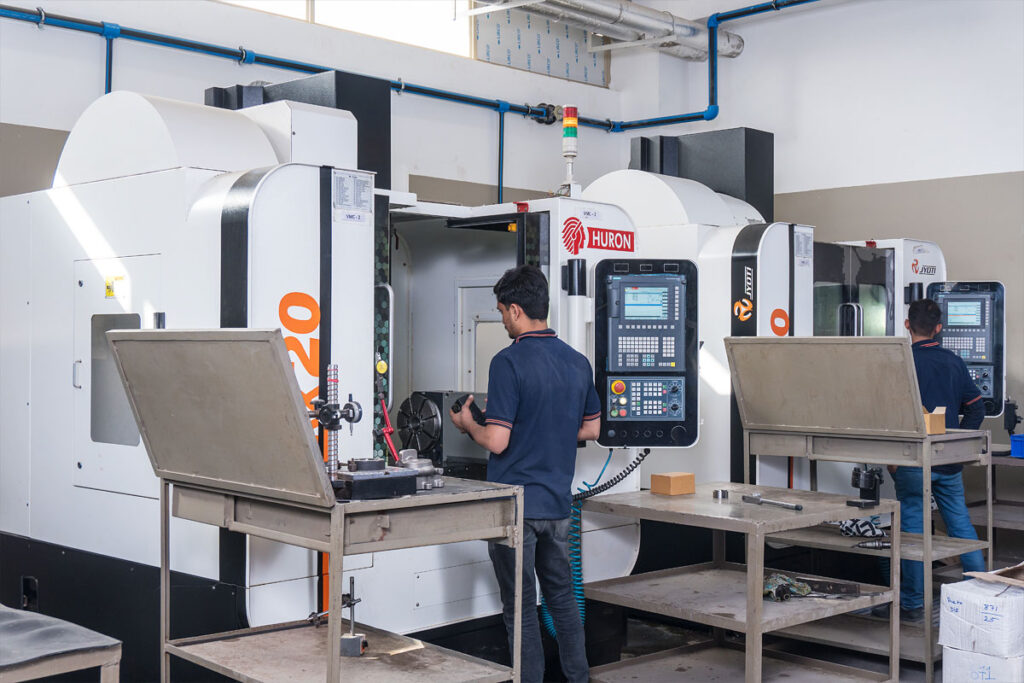
At Shilpan Steelcast, we offer precision machining as a value-added service, complementing our core processes of investment casting, die casting, shell moulding, forging and other services. Our state-of-the-art in-house machining facility features the latest CNC, VMC, and HMC machines, enabling us to deliver fully finished products to our clients.
By integrating precision machining into our manufacturing capabilities, we ensure that components developed through various casting methods are machined to the highest standards. This seamless integration allows our clients to receive complete, ready-to-use components directly from us, streamlining their supply chain and enhancing overall efficiency. Our expertise spans various industries, and we take pride in our ability to handle complex projects with efficiency and accuracy.
Challenges and Solutions in Precision Machining
Precision machining, while highly beneficial, comes with its own set of challenges:
- Maintaining Tolerances: Achieving and maintaining tight tolerances requires meticulous planning and execution.
- Material Selection: Choosing the right material is crucial for ensuring the durability and performance of the machined part.
- Tool Wear: Managing tool wear is essential for maintaining accuracy and prolonging the life of the machinery.
Innovative solutions, such as advanced tool coatings and real-time monitoring systems, help address these challenges, ensuring consistent quality and performance.
Future Trends in Precision Machining
The future of precision machining is shaped by emerging technologies and trends:
- Automation and AI: Increased automation and the integration of artificial intelligence (AI) are enhancing the efficiency and accuracy of precision machining processes.
- Advanced Materials: The development of new materials with superior properties is expanding the possibilities for precision machining.
- Sustainable Practices: A growing emphasis on sustainability is driving innovations in machining processes that reduce waste and energy consumption.
Precision machining is an integral part of metal manufacturing, offering unparalleled accuracy and efficiency. By understanding its techniques, applications, and benefits, manufacturers can harness its full potential to produce superior products. At Shilpan Steelcast, we are dedicated to pushing the boundaries of precision machining, delivering exceptional results for our clients across various industries.
Ready to experience the benefits of precision machining? Contact Shilpan Steelcast today to learn how our advanced machining capabilities can meet your specific needs with unmatched accuracy and efficiency. Explore our website for more information on our services and expertise.
